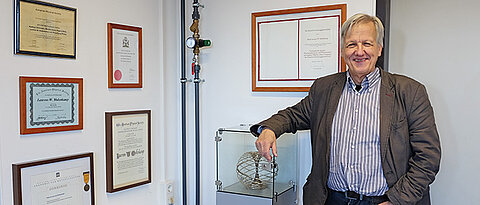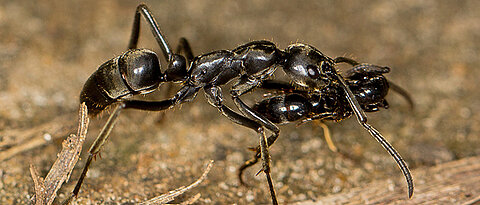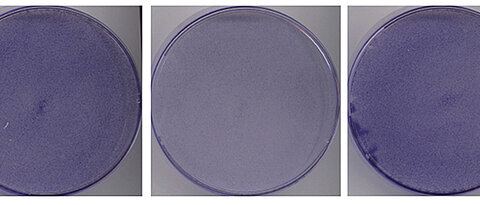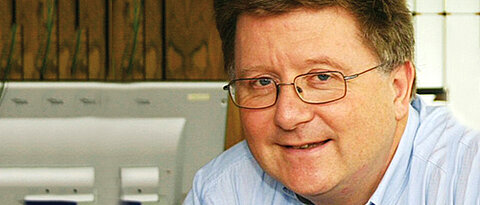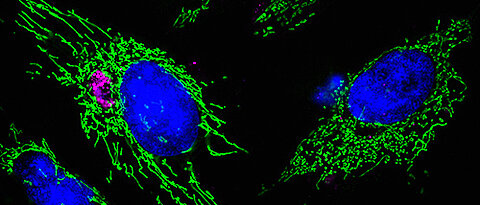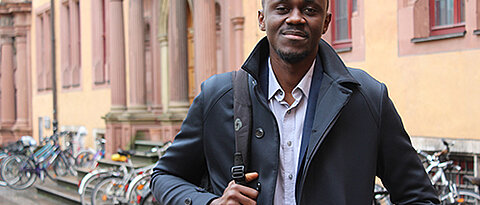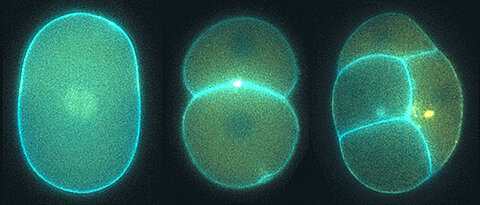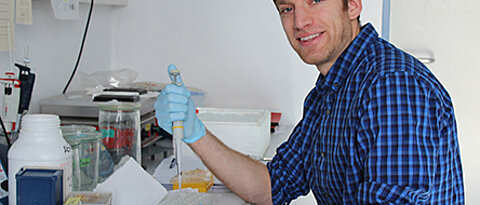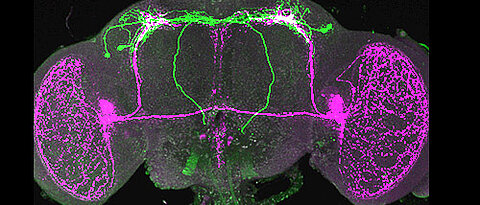
Multiple biological clocks control the daily rhythms of physiology and behavior in animals and humans. Whether and how these clocks are connected with each other is still a largely open question. A new study now shows that a central clock governs the circadian rhythms in certain cases.
more

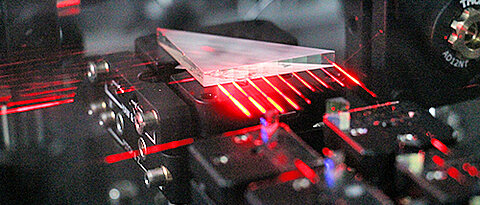
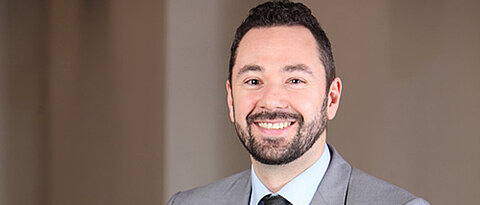
![[Translate to Englisch:] Fotos von einer Venusfliegenfalle, ihre Drüsen unter dem Mikroskop und schematische Darstellung der Vorgänge, die zur Sekretion führen. (Bild: Sönke Scherzer/Dirk Becker)](/fileadmin/_processed_/8/9/csm_0420venus-druesen-w_887ab24338.jpg)
